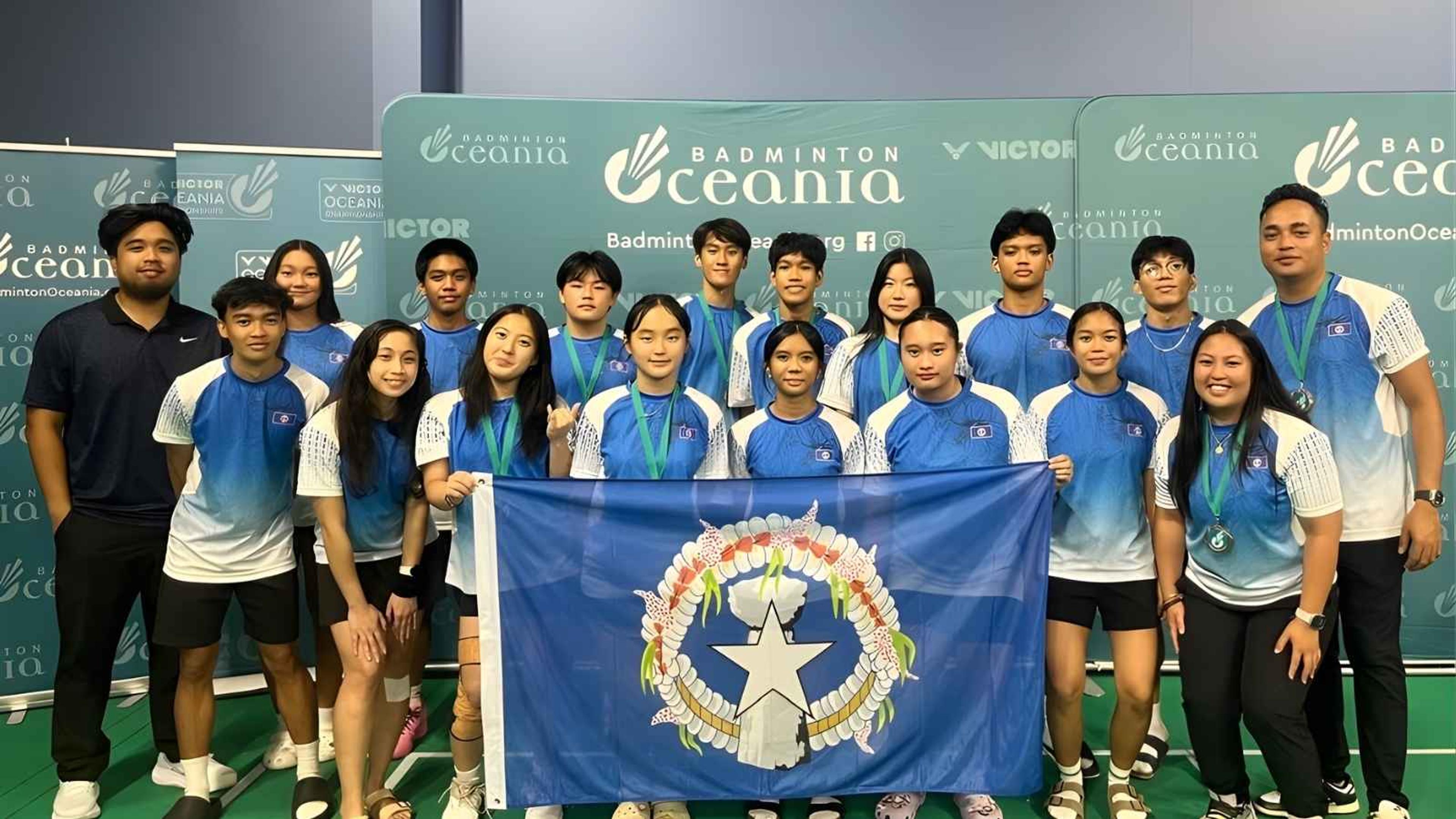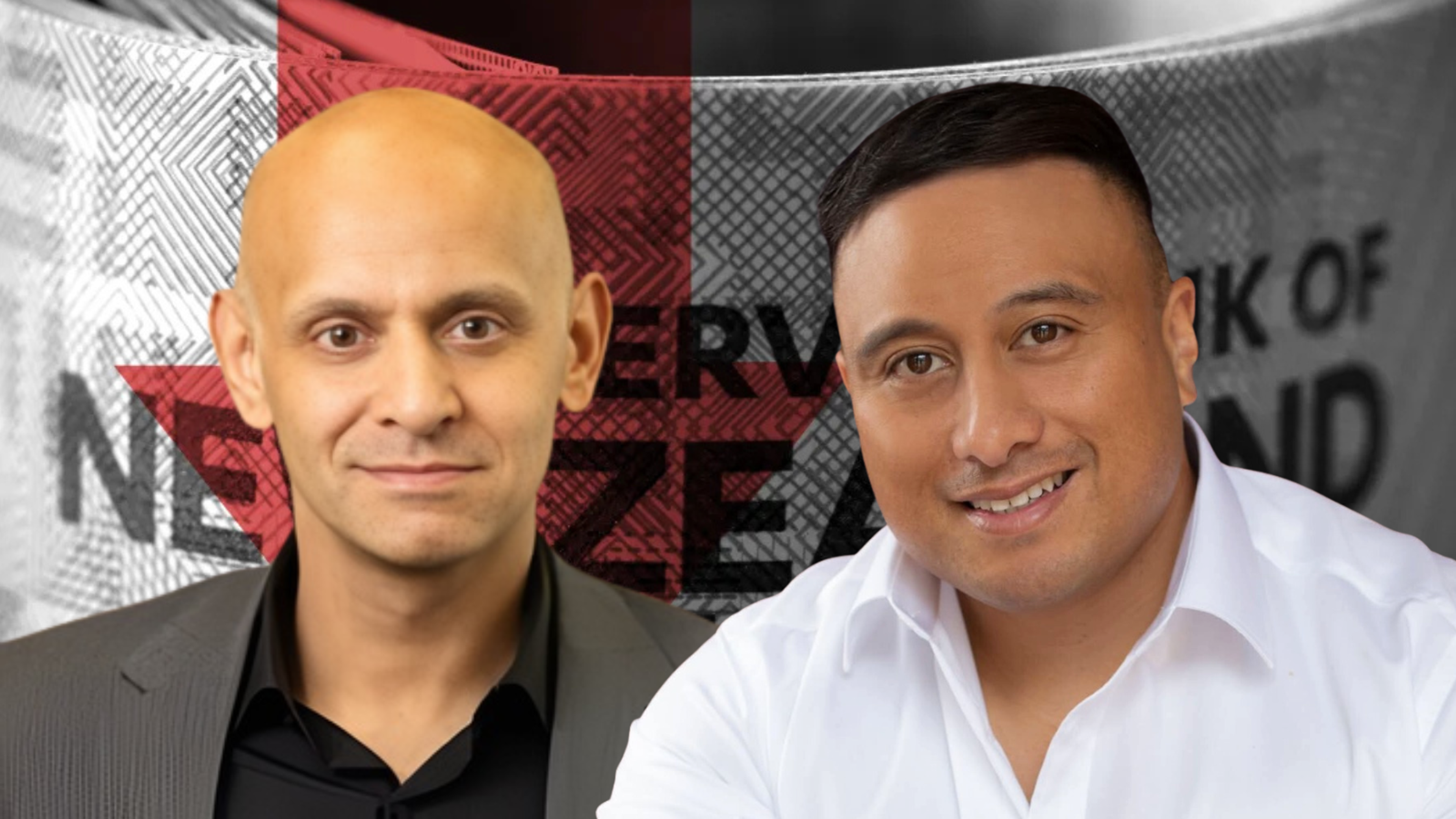

Andre Afamasaga in ‘Alofa’.
Photo/YouTube/Doc Edge
Documentary highlights struggle for Rainbow Pacific identity
Alofa follows former pastor Andre Afamasaga on his journey from conversion therapy to self-acceptance, and is screening now at the Doc Edge Festival.



Sāmoa tightens control of district funds with new seizure powers

Rising costs hit Pacific families hard as interest rate decision nears

Fiji fast-tracks needle programme as new study shows HIV cases surging at record pace


Northern Mariana Islands smash regional barriers with historic Auckland bronze

Sāmoa tightens control of district funds with new seizure powers

Rising costs hit Pacific families hard as interest rate decision nears

Fiji fast-tracks needle programme as new study shows HIV cases surging at record pace
A documentary following a Sāmoan former pastor and LGBTQIA+ member premieres at the Doc Edge festival, delving into the struggle of identity, faith and healing.
Alofa, directed by Rachel Lane and commissioned by John Wallace, explores the personal and public journey of Andre Afamasaga. It follows the human rights advocate as he navigates his journey of self-acceptance amid the explicit and implicit pressures of faith, religion, and culture.
The film was acquired for national broadcast by ABC Australia last year and will screen at the 20th anniversary festival, Doc Edge, including a Q&A session with Afamasaga and director Lane.
Speaking with Sanele Chadwick on Pacific Mornings, Afamasaga says the film tells his story as “a Sāmoan rainbow person of faith” and an ex-pastor. He shares his experiences growing up in Lower Hutt, his pastoral work in Sydney and Wellington, and the challenges he faced in reconciling his faith, culture, and sexual orientation.
“I really believe it's a story that's bigger than me. It's a vehicle, I hope, for other people to see themselves in my story. So other people that have got my own lived experience of the conflict, and then also people that are around them, such as family members, church members as well,” Afamasaga says.
The documentary also details his 15-year-experience with conversion therapy, revealing that he had finally accepted himself at the age of 40. He says he feared his family would be disappointed and ashamed if he opened up about his sexuality.
“Faith, family [and] culture = the things that we're most proud of = in this instance where you go to accept yourself, you realise that those can also become barriers to expressing who you are. Because it doesn't just affect you, it affects your family.
“Eventually I had to say, if I kept going down this path, it wasn't going to be good for me. To be honest, I was starting to feel suicidal thoughts. The first time I publicly shared my story about being gay, that was a real struggle for me.”
He says despite his fear, writing an article that was published globally, helped alleviate his feelings of shame. Although there were some negative reactions, Afamasaga says most were “overwhelmingly” positive.
“By the time the documentary came around, I was asked to be the subject. I realised that I could use my story in order to help inspire others, or at least have a conversation starter. Over the years, the thing that I was ashamed of, I'm most proud of now. I don't have to choose between.”
Alofa Trailer | Doc Edge Festival 2025:
The film also highlights the silent struggle Afamasaga experienced when trying to navigate self-acceptance and fear of disappointment from loved ones. He says the subjects he wrestled with were already taboo in Pacific culture, and therefore a blueprint on navigating this is non-existent.
“Not only is there no how-to, there's also no permission structures. It does feel like you are alone, and there's no permissive sort of levers that allow family leaders, cultural leaders or religious leaders to have these conversations so that the onus doesn't fall on the person in the middle.
“It's going to be different for other people. There are some people in Pacific circles that never have a coming out moment, but they just make themselves known to the family. They might turn up to a family lunch, for instance, with a partner.”
Watch Andre Afamasaga’s full interview below.
“Ultimately, [it’s] about people feeling accepted to be who they are. As many people are accepted, there's also many who are not accepted, and there are many people that never feel safe to come out of the closet.”
Alofa will screen at Auckland’s Capitol and Bridgeway Cinemas, Wellington’s Roxy, and Christchurch’s Lumière, with avirtual session also available.
For more information on tickets and screening times, click here.